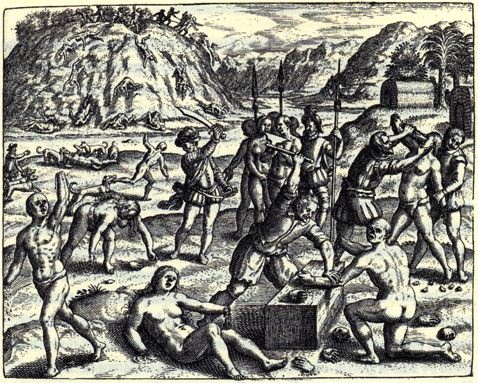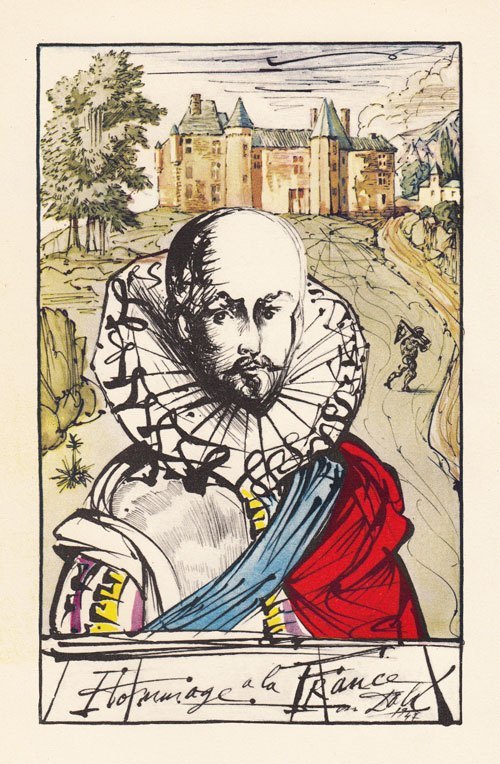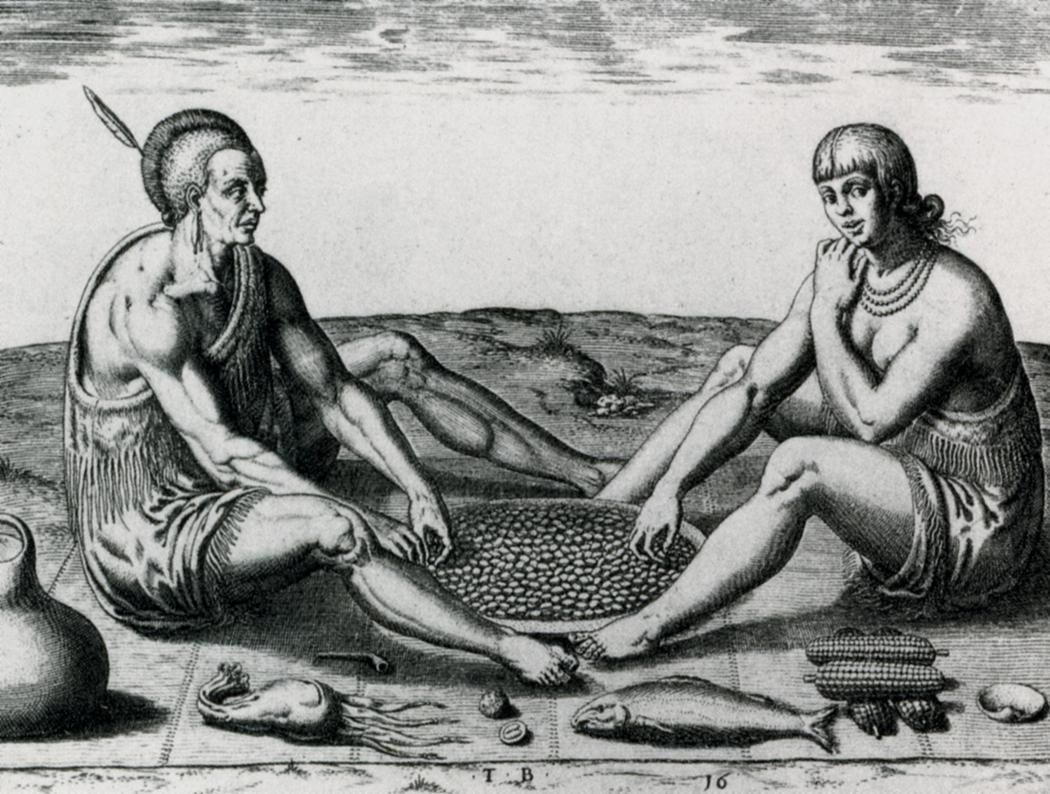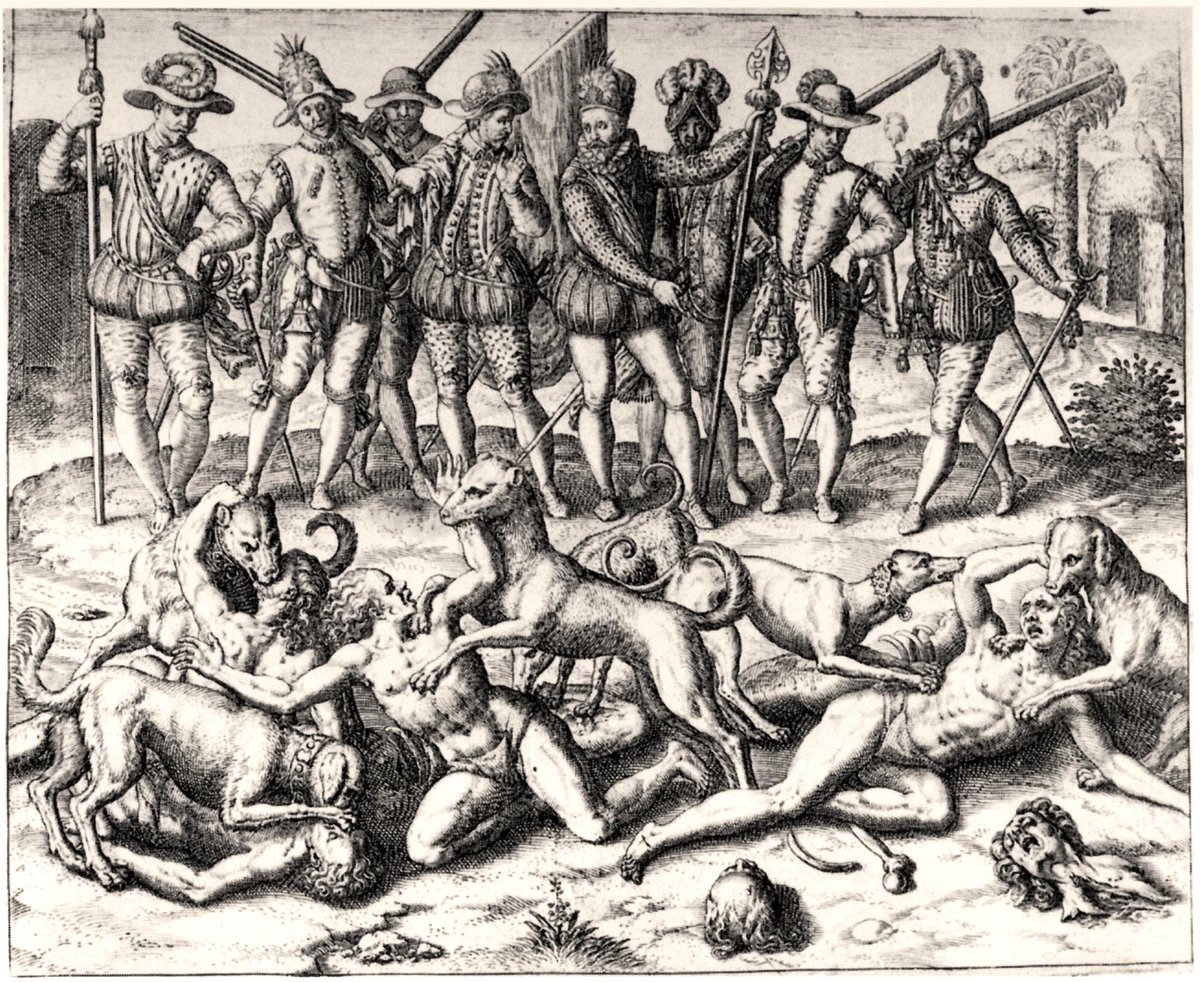On this #EarlyModernPeriod , I'll be talking about two European authors who reacted to accusations of anthropophagy and other "inhuman" acts with compassion. I want to challenge the idea that inflicting violence on alleged cannibals is just the natural response. 1/11
, I'll be talking about two European authors who reacted to accusations of anthropophagy and other "inhuman" acts with compassion. I want to challenge the idea that inflicting violence on alleged cannibals is just the natural response. 1/11
 , I'll be talking about two European authors who reacted to accusations of anthropophagy and other "inhuman" acts with compassion. I want to challenge the idea that inflicting violence on alleged cannibals is just the natural response. 1/11
, I'll be talking about two European authors who reacted to accusations of anthropophagy and other "inhuman" acts with compassion. I want to challenge the idea that inflicting violence on alleged cannibals is just the natural response. 1/11
First up, we have Bartolomé de las Casas, who is now remembered as a defender of Indigenous peoples in the Spanish colonial world. He did still want to convert them all to Christianity, though, but his defenses of alleged Indigenous practices are remarkable. 2/11
De las Casas argues in his "Apologetic History" that the peoples he encountered were not barbarians in the Aristotelian sense, and hence shouldn't be enslaved. He writes "just as we esteemed these peoples... barbarous, so they considered us, because of not understanding us." 3/11
In the 1550 Valladolid debate, he defends human sacrifice by drawing comparisons between alleged Indigenous practices&older European ones. Citing sources like Eusebius and Lactantius he describes human sacrifice committed by European peoples, e.g. Gauls, prior to conversion. 4/11
Another author who draws comparisons between European tradition and the alleged behaviour of Indigenous peoples in the Americas is Michel de Montaigne, who is one of my all-time favourite guys. Montaigne doesn't just defend human sacrifice. He goes all in for cannibals. 5/11
In his very good essay "Of Cannibals" (1578-1580) Montaigne writes, "each man calls barbarism whatever is not in his own practice" and clearly includes the European condemnation of Indigenous practices in this. 6/11
Montaigne compliments Indigenous societies in the Americas on their adherence to the two virtues of valour in battle and love for their wives. In this, he writes, they are far superior to their European colonizers. 7/11
Having established that these apparently foreign cultures have values comparable to European ones, Montaigne goes after Europeans for their presumption in assuming that their own practices are so much more noble and civilized. 8/11
He compares European tortures to cannibalism: "I think there is more barbarity in eating a man alive than... dead; and in tearing by tortures and the rack a body still full of feeling... (as we have... seen in fresh memory... among neighbours... on the pretext of piety)" 9/11
He is referring here to the wars of religion that wracked his own lifetime, which he viewed as utterly futile and devoid of valor. When compared to European tortures, a quick death and being eaten seems not only preferable but actually somewhat useful, as people get to eat. 10/11
To conclude, I'll note the following line from Montaigne: "And physicians do not fear to use human flesh in all sorts of ways for our health, applying it either inwardly or outwardly." Yes, he is referring to medicinal cannibalism and, yes, we will get to that this week. 11/11

 Read on Twitter
Read on Twitter






